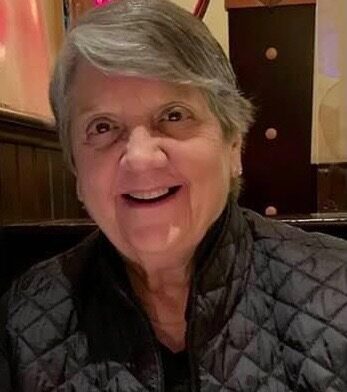Karen’s Korner,
The National Council on Aging states: “For most of us, good health ensures independence, security, and productivity as we age. Yet millions of older adults are living with such challenges as chronic diseases, falls, physical inactivity, oral health concerns, and behavioral health issues—all of which can severely impact quality of life.”
They go on to say: “Older adults are disproportionately affected by chronic conditions, such as diabetes, arthritis, and heart disease. Nearly 95% have at least one chronic condition, and nearly 80% have two or more. (USA Facts.org)
“It is estimated that 27% of the U.S. adult population has multiple chronic conditions, which cost the American health care system over $1 trillion each year.” (Hacker, K. The burden of chronic disease. Mayo Clin Proc Innov Quality Outcomes.)
The problems that result from these statistics and facts are: “Less than 3% of U.S. health care dollars is spent on prevention to improve overall health.” (According to Kamal, R. and Hudman, J. What do we know about spending related to public health in the U.S. and comparable countries? Peterson-KFF Health System Tracker.)
What does all this mean? It means that our seniors are missing out on vital health care dollars that are not reaching the proper preventative measures to improve health for them. It means that seniors are going to have to advocate for themselves for their healthcare needs.
Here are some helpful hints: 1. Talk with your medical professionals and see if they can recommend programs or organizations that can help: 2. Contact your congressman concerning senior healthcare issues. 3. Seek legal advice concerning senior healthcare issues. 4. Search out and read articles that can give you advice or ideas concerning your healthcare. 5. Educate yourself on the various needs of seniors seeking healthcare. 6. Re-evaluate your insurance and update information when you need to.
Advocating for yourself is essential in this day and time. Ask questions and seek the answers. You and your family members are your best advocates.
It’s never too late to advocate! For further information, call the Council on Aging, (318-371-3056)




